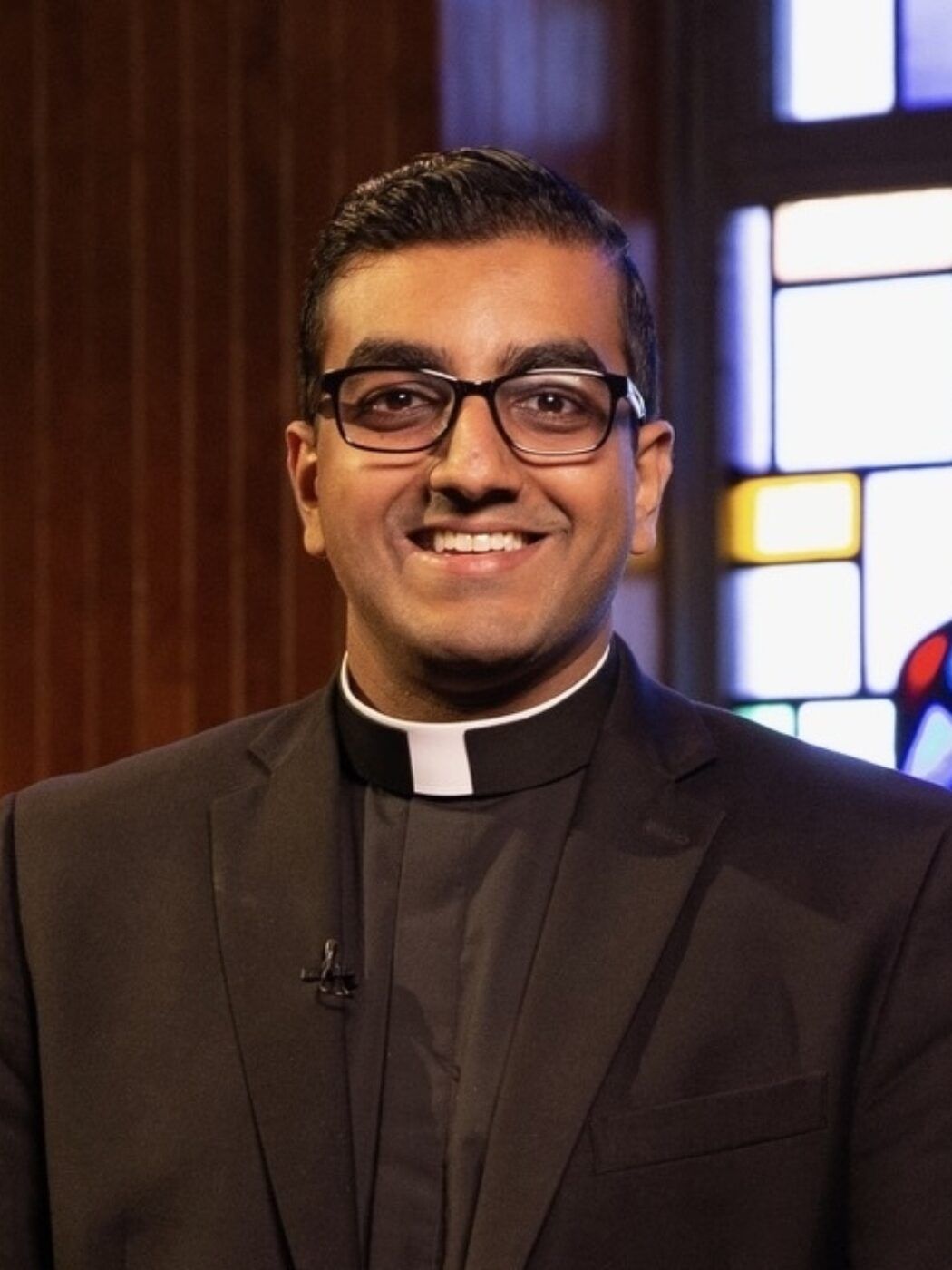By: Fr. Denis Nakkeeran
Palm Sunday, or Passion Sunday as it is also called, is a wonderful primer for the liturgical crescendo of Holy Week. On this day, we are presented with the opportunity to reflect on the mystery that will unfold later in the week so that we can enter more fully into that mystery. Between the Gospel that is read at the beginning with the procession and the Gospel passion narrative that is read at the normal time, we find many examples of how the same people can respond to the same Jesus Christ differently under different circumstances.
First, we can look at the disciples. On Palm Sunday, Jesus is entering into Jerusalem in His kingly glory, in the way that the Lord had spoken through His prophet Zechariah. Matthew even says, “The disciples went and did as Jesus had ordered them.” The disciples, on this day, were very obedient. They followed every command and instruction of Jesus so that His will could be done. This continued even up to the night before He was to suffer. Jesus asks His disciples to prepare a particular place for the Passover meal, and they obediently do so. Yet, that same night, after Jesus was arrested, Matthew tells us “all the disciples left him and fled.” Same Jesus, but different response.
Next, we can look at Pontius Pilate. The life of Jesus is placed in his own hands. In his own conversations with Jesus, Pilate found no wrong in Jesus and was “greatly amazed” at Him. Pilate recognizes righteousness and innocence in front of him, which urged him to do everything he could to convince the crowd to let Jesus go. However, in the face of pressure, Pilate washes his hands of the matter and allows Jesus to be killed. Though the order did not come from his own hands, he allowed the righteous man to be killed. Same Jesus, but different response.
Lastly, we can look at the crowds. As Jesus enters Jerusalem, the crowds recognize Him as the king they were told to welcome. They did so with great respect. They laid down their cloaks, spread palm branches before Him, and sang the psalm of thanksgiving, “Hosanna to the Son of David; blessed is he who comes in the name of the Lord; hosanna in the highest.” Yet, that same crowd just a few days later, as Jesus is held on trial, calls out for His crucifixion. They move from exclaiming “Hosanna” to screaming “Crucify him.” They honor His kingship as He enters Jerusalem, and yet they mock His kingship as He leaves Jerusalem to Calvary. They move from singing “Son of David” to mocking “Hail, King of the Jews.” The same crowd that welcomes Jesus with joy now nails Him to the cross with anger. Same Jesus, but different response.
The difference in response is most poignant in one particular scene during the trial of Jesus. Pilate presents the crowd with a choice – to release Jesus or to release Barabbas. Barabbas, in Hebrew, means “son of the father.” Pilate gives them the choice of choosing the Son of the Eternal Father or the mere man whose name means son of the father. They scream, “Barabbas.” They want the “son of the father,” but they are choosing the wrong one.
This is the same choice that Pilate, the disciples, and we are called to make each and every day - do we choose Jesus, the Son of the Eternal Father, or do we choose a shadow? Even though the same Jesus Christ can be in front of us, our response to His presence, and therefore the choice we make, could be very different under different circumstances. We have days in which we can see Jesus so clearly and so we can readily embrace Him and follow in His way. We also have days in which fear, anxiety, or temptation may obscure our ability to see Jesus, making the shadow more enticing. Yet, no matter the circumstances, it is the same Jesus Christ who is in front of us – yesterday, today, and tomorrow. We want to embrace and choose Him – it is the fundamental desire of the human heart. However, we often find ourselves choosing wrongly in our actions, and we end up choosing mere imitations and unsubstantial images that cannot compare to the true glory of Jesus Christ.
For this very reason, Jesus, out of love for us, takes matters into His own hands. He knows that this brokenness, by which we choose these shadows, is the result of sin. So, He subjects Himself to the penalty of sin, which is suffering and death, so that sin can destroy that sin and bring healing to our broken humanity. By His death on the cross and His rising from the dead, He secures a path to blessed life with the Eternal Father. Our sharing in that fruit makes it so that our choosing the shadow over the reality is no longer a guarantee. By God’s grace, we can now, in freedom, choose to reject the shadow and embrace the reality of Jesus Christ. Yes, we will face a variety of circumstances in life, many of which can hinder our ability to see Jesus clearly. Sometimes that darkness is overwhelming. But, we can stand in confidence that Jesus is there, reaching out His hand to us to choose Him and embrace Him. It is the same Jesus Christ, so let us respond well to His loving invitation.


